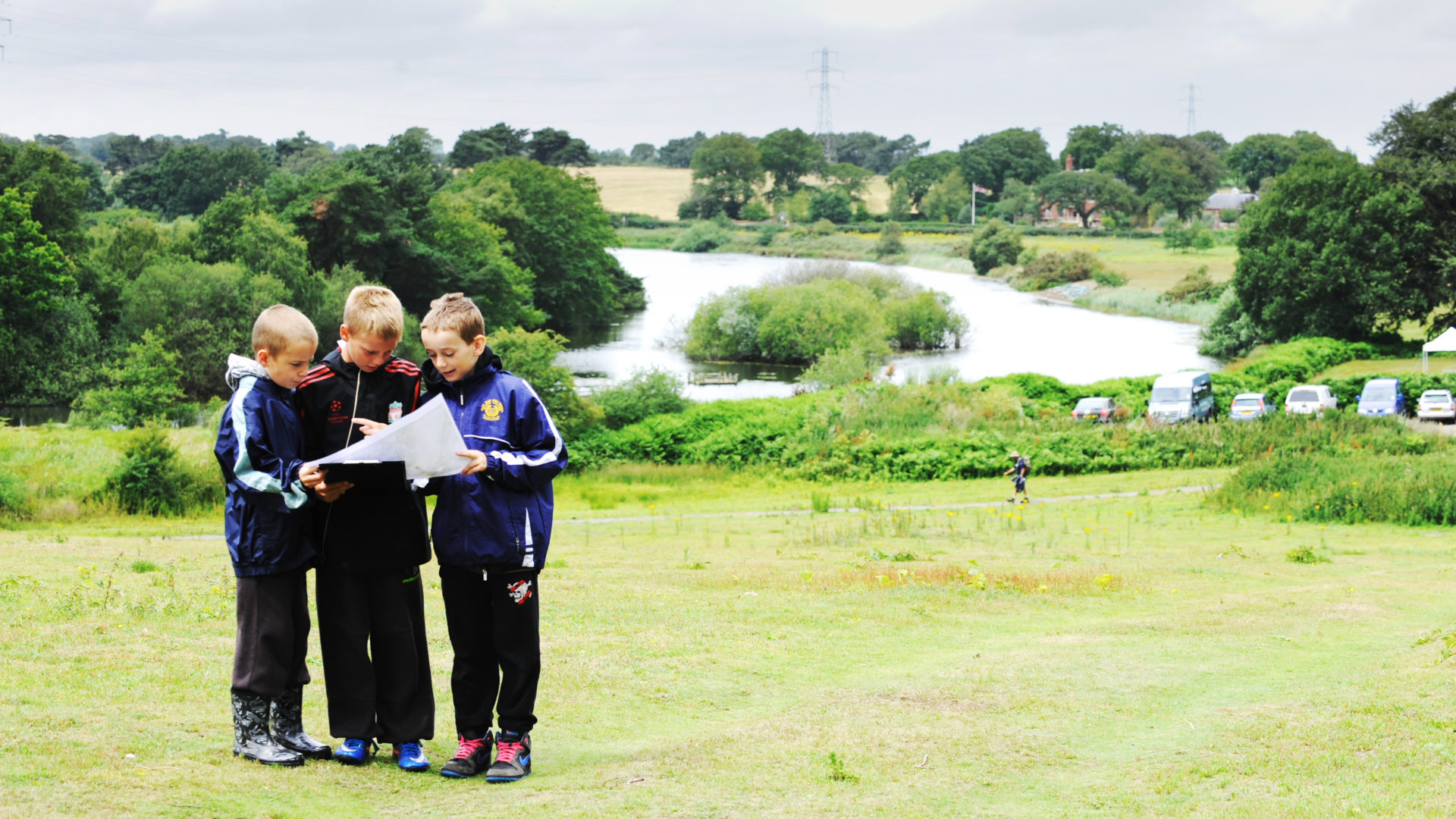Is hands-on experience still vital in an increasingly digital world? The enduring value of fieldwork in education, from primary schools to professional settings, proves that experiential learning is not just a trend, but a cornerstone of effective education, offering irreplaceable benefits that enrich understanding and foster critical skills.
Fieldwork, a cornerstone of education, transcends mere textbook learning. Its a dynamic process that immerses learners in real-world contexts, whether it be a local ecosystem, a bustling city, or a clinical setting. This immersive approach is lauded for its ability to ignite curiosity, promote active engagement, and cultivate a deeper understanding of complex subjects. For aspiring researchers, fieldwork serves as an indispensable guide, initiating them into the intricacies of qualitative research. It equips them with the skills to navigate diverse research sites, gather comprehensive data, analyze it ethically, and share their findings with relevant audiences. This ensures that research not only informs but also influences positive change.
Fieldwork isn't just for academics, it's about fostering a love for learning from a young age. The benefits extend to all levels of education. It promotes playful learning experiences, nurturing essential skills for progression into primary education and later life. The International Middle Years Curriculum (IMYC) Whizz Education, supports this philosophy by aiding children aged 3 to 12 in understanding themselves, their communities, and the world.
The principles behind the International Early Years Curriculum (IEYC) are also particularly relevant. This curriculum, grounded in research and acknowledged for incorporating international best practices, is designed to nurture the development and education of children aged 2 to 5 years. This holistic approach highlights the importance of hands-on experiences in early childhood development, acknowledging the power of play in preparing young learners for the future.
In the realm of geographical education, fieldwork has long been considered a hallmark. Research, such as the literature review by Kent et al., has shown that field studies effectively integrate theoretical classroom concepts with practical applications. Students are challenged to apply evidence during their field experiences, honing their analytical abilities and improving their capacity to make critical judgements.
The importance of fieldwork isn't confined to the classroom, either. The approach is also central to professional training, particularly in clinical settings. In occupational therapy education, for example, fieldwork is an essential component. Clinical department managers and student coordinators learn how to create student fieldwork manuals for clinical sites and keep staff informed about changes in education. Academic Fieldwork Coordinators (AFWCs) play a pivotal role, creating and overseeing the standards set by the Accreditation Council for Occupational Therapy Education (ACOTE). They, alongside Fieldwork Educators and students, rely on resources and support provided by organizations like the American Occupational Therapy Association (AOTA), which includes resources for Level I and Level II fieldwork. The competency and preparedness of fieldwork educators directly influence student learning outcomes, underscoring the value of ongoing support and training.
Even in market research, fieldwork has a place. Participants in market research studies contribute to the practical application of research methodologies, providing real-world insights.
This article explores how fieldwork, as a component of education, has developed, its value, and its implications.
| Aspect | Details |
|---|---|
| Purpose | To explore the value of fieldwork in education at various levels. |
| Key Areas |
|
| Educational Benefits |
|
| Fieldwork in Context |
|
| Fieldwork in Other Settings |
|
| Stakeholders |
|
For those seeking to understand the application of fieldwork to a certain field, a survey link from social media is provided. It can be used whether you are returning to update your information or signing up for the first time, there are a few steps to complete.
The six key needs of the adolescent brain have been identified, providing a structure for teaching and helping educators. The "IMPART" acronym has helped provide this framework and ensure consistency across departments.
The discussion on fieldwork's effectiveness and significance in geographical education is also supported by research. According to Kent et al.'s research, field studies provide a means to integrate theoretical and practical concepts taught in the classroom, highlighting the significance of practical experience in improving learning.
Fieldwork education provides learners with opportunities to acquire valuable skills.


